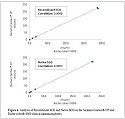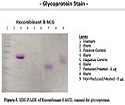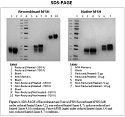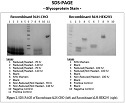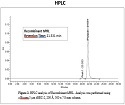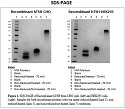Recombinant Hormones
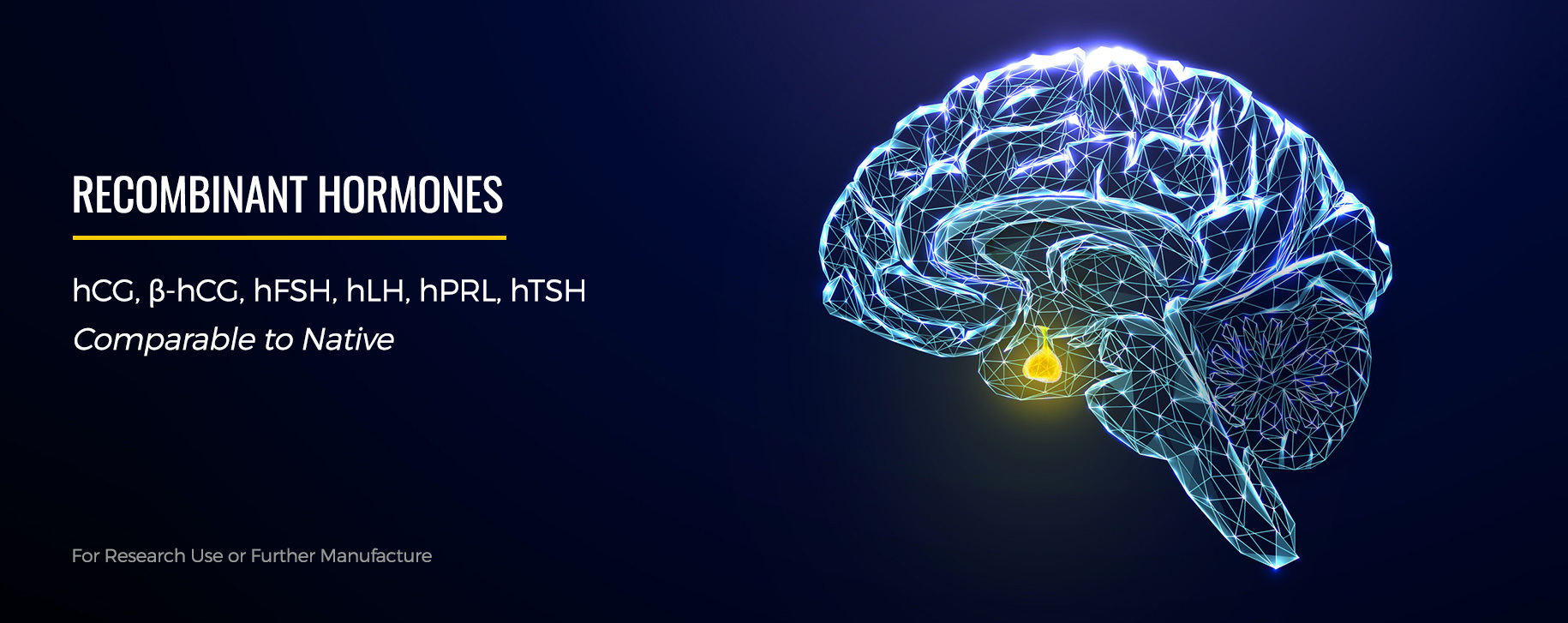
Elevate Your Immunoassays with Superior Recombinant Hormones
• Expressed without affinity tags, as nature intended
• Stable and reliable from lot-to-lot
• Adopted worldwide as replacements for native hormones
• Supply chain security for long-term use
• Comparable to native hormones
Disruptions in the supply of starting material for native human hormones have impacted biomedical research and threatened to interupt clinical diagnostic assay manufacturing worldwide. Scripps Laboratories, however, foresaw the coming starting material shortage and developed high quality recombinant forms of all of our native hormones.
Data are presented here that demonstrate all of our recombinant hormones are the smart choice for research and for diagnostic assay development and manufacturing. Recombinants are more econimical to produce than native hormones and they are not subject to variability found with native starting materials. In addition, they offer excellent lot-to-lot consistency and because they are derived from renewable resources, they are assured to be available far into the future.
Use the links below to learn more.
|
HUMAN CHORIONIC GONADOTROPIN |
|
|
|
|
|
HUMAN FOLLICLE STIMULATING HORMONE |
HUMAN LUTEINIZING HORMONE |
|
|
|
|
HUMAN PROLACTIN |
HUMAN THYROID STIMULATING HORMONE |

